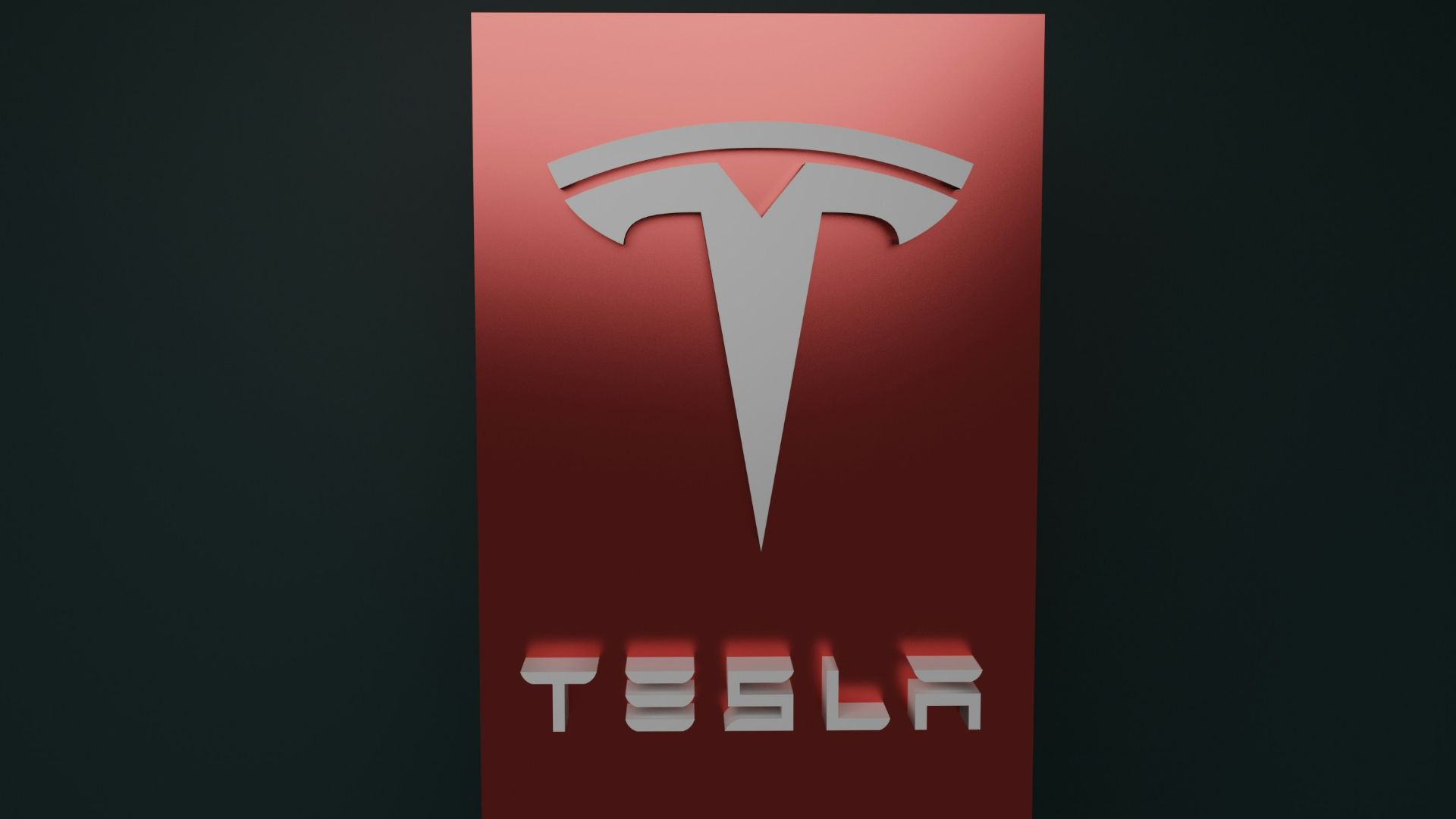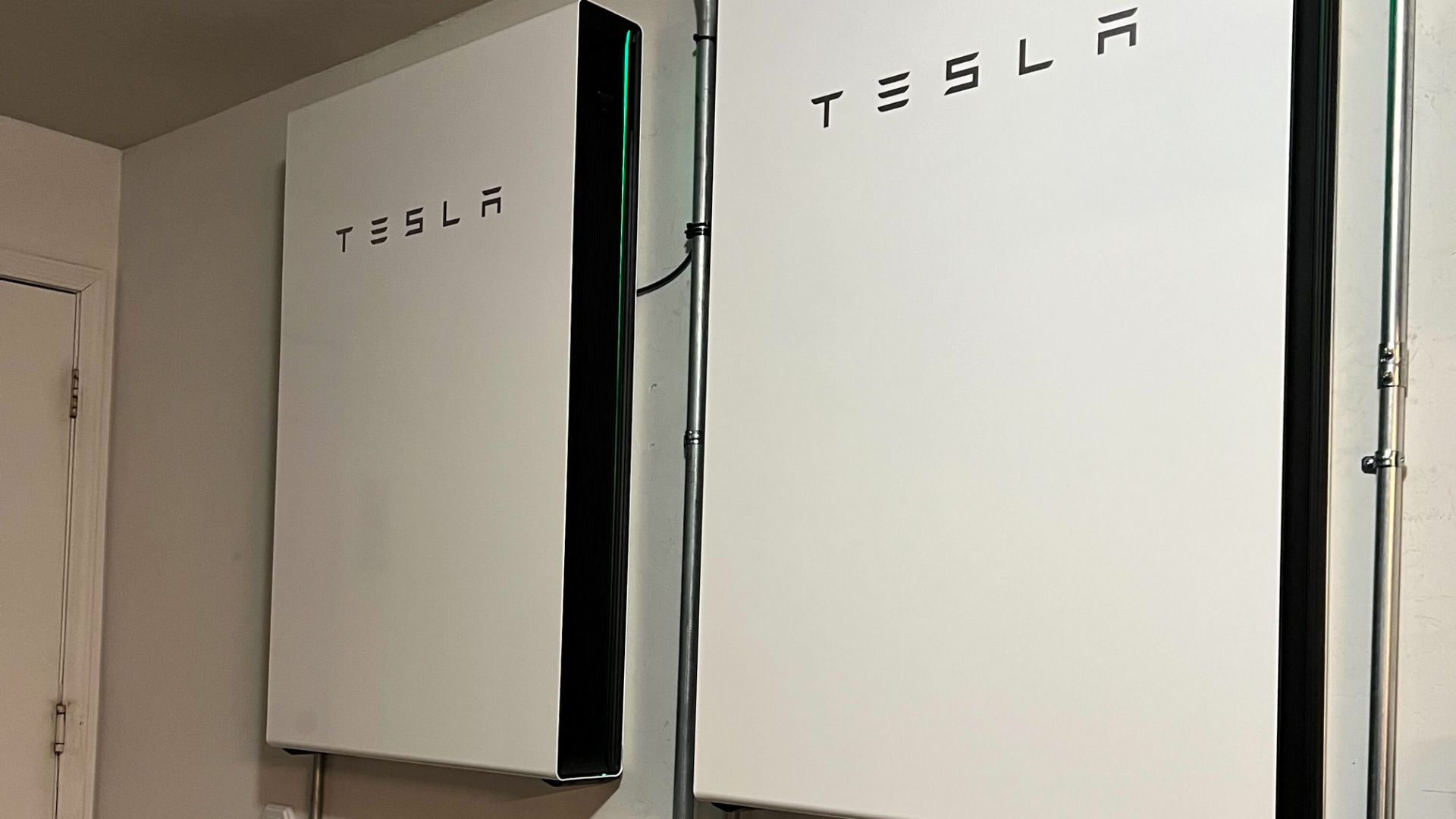Over 10,000 Tesla Powerwall Systems Recalled Over Fire Risk
Tesla once again made headlines last week over recalls. This time, it's regarding the Powerwall 2 home system, which “may fail and overheat,” according to the US Consumer Product Safety Commission. There have been 22 reports of the system overheating, posing a fire and burn hazard; however, no injuries or deaths have been reported in relation to this.
“The lithium-ion battery cells in certain Powerwall 2 systems can cause the unit to stop functioning during normal use, which can result in overheating and, in some cases, smoke or flame and can cause death or serious injury due to fire and burn hazards,” the recall notice reads.
The Tesla Powerwall is a rechargeable lithium-ion home battery system that provides backup power during outages by storing electricity from either solar panels or the grid. Its purpose is to optimize energy and lower electricity bills. It's a fully integrated system that can be installed inside or outside, and is designed to power an entire home. It was first developed in 2015 when the company first entered the energy storage market after acquiring SolarCity, becoming the "first vertically-integrated sustainable energy company," according to their website. This year, the company's energy division became its largest growth engine. This segment's revenue jumped 44 percent in the third quarter, becoming roughly a fourth of Tesla's total revenue.
10,500 systems have been affected by the recall. The company will replace all affected units free of charge.
In a notice on their website, Tesla blamed the issue on a “third-party battery cell defect” but didn't reveal the name of the company responsible.
"The affected subset of Powerwall 2 units may stop functioning normally, resulting in overheating, smoking, and in some cases, smoke or flame, causing minor property damage," Tesla's notice reads.
Almost all affected units have already been remotely discharged, and the remaining ones will be dispatched by a technician. Customers can expect a notification through their Tesla app if their unit is part of the recall.
The company pulled Powerwall 2 systems in Australia for the same problem in September, and this comes fresh on the heels of other recent high-profile recalls, including one affecting almost 13,000 Model 3s and Model Ys relating to batteries that dangerously lose power. Additionally, an earlier recall pulled 46,000 Cybertrucks—almost all 2024 and 2025 models—because of an external panel that may detach while driving.
The company has also been in hot water recently over its Full Self-Driving mode. The National Highway Traffic Safety Administration announced in October that it will be investigating after nearly 60 reports of Full Self-Driving Teslas violating traffic laws were received. These violations led to many crashes and fires, and over 20 injuries. The Full Self-Driving system has also been linked to some fatal crashes because it failed to recognize traffic signs or road conditions.
Although recalls historically have almost no effect on stocks, Tesla shares are down 10 percent since the company announced a potential new pay package that would make Elon Musk a trillionaire, provided he reaches certain targets.








